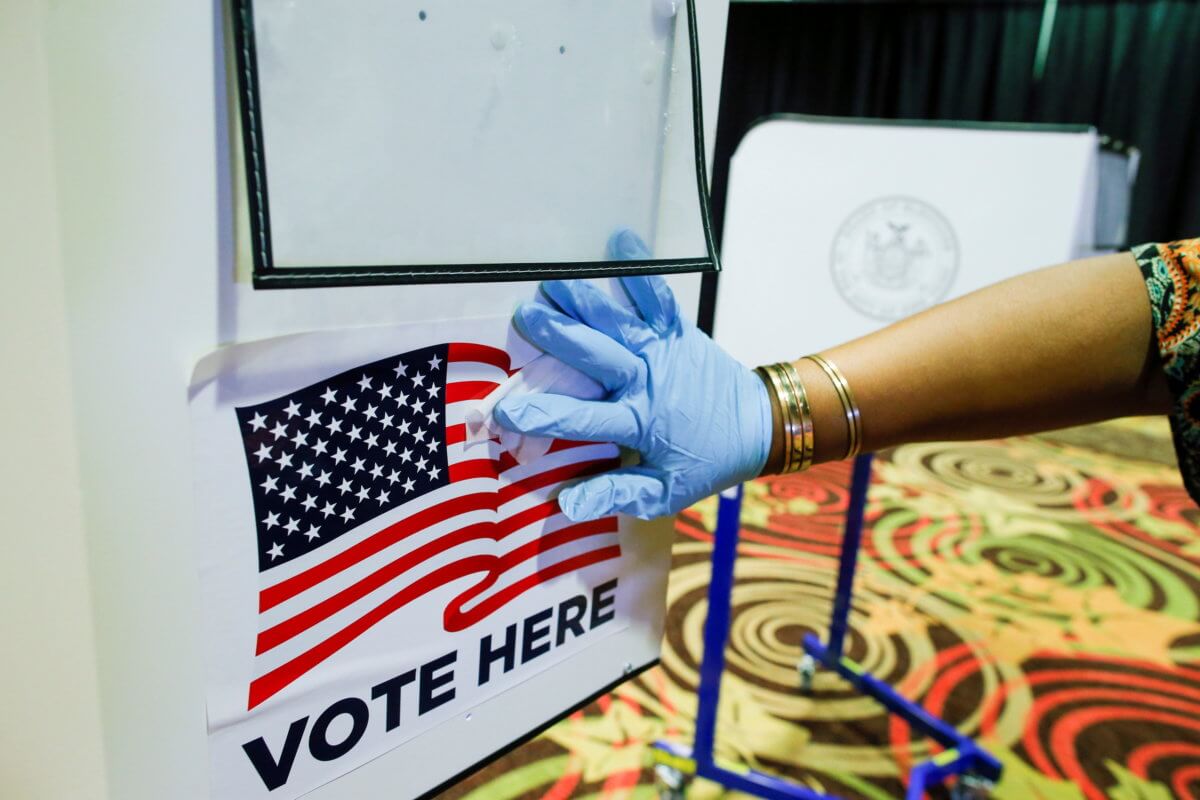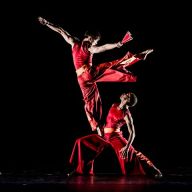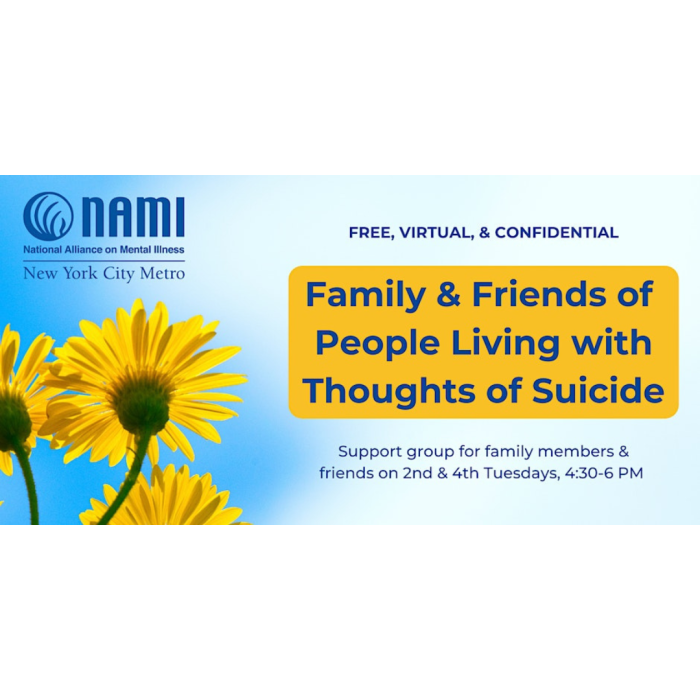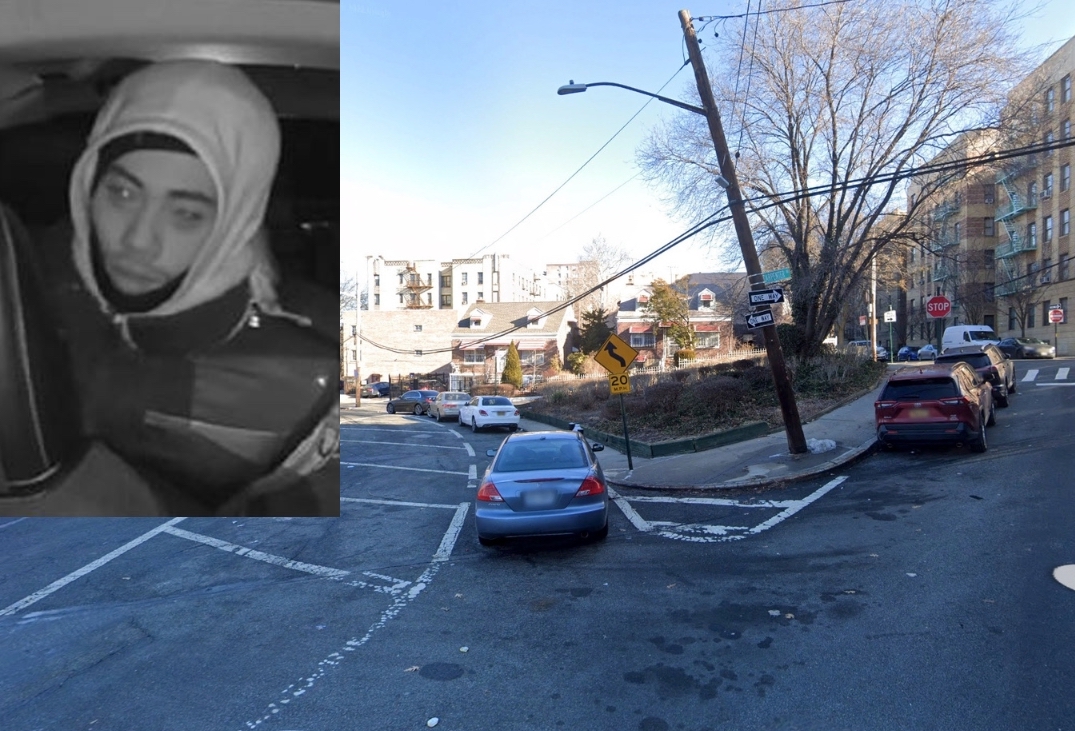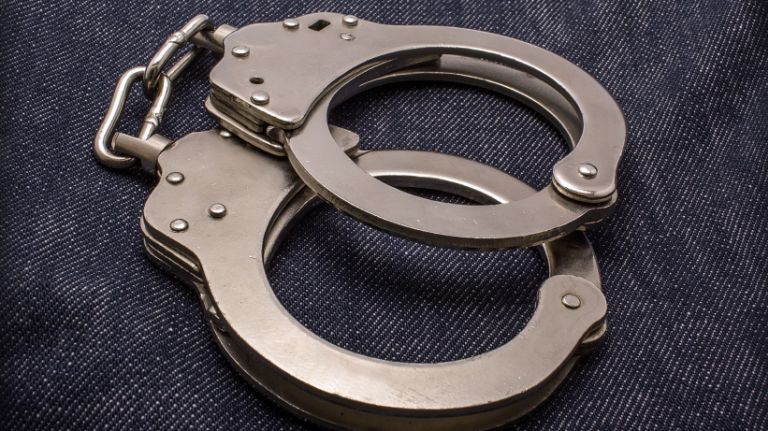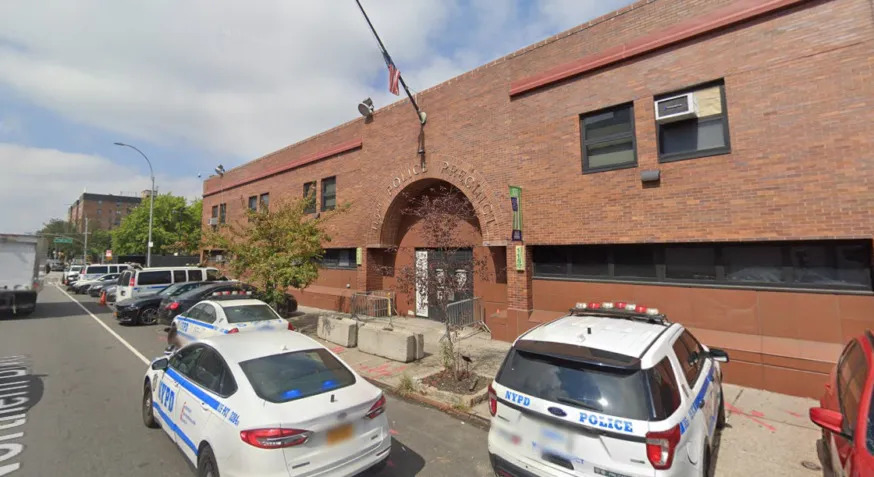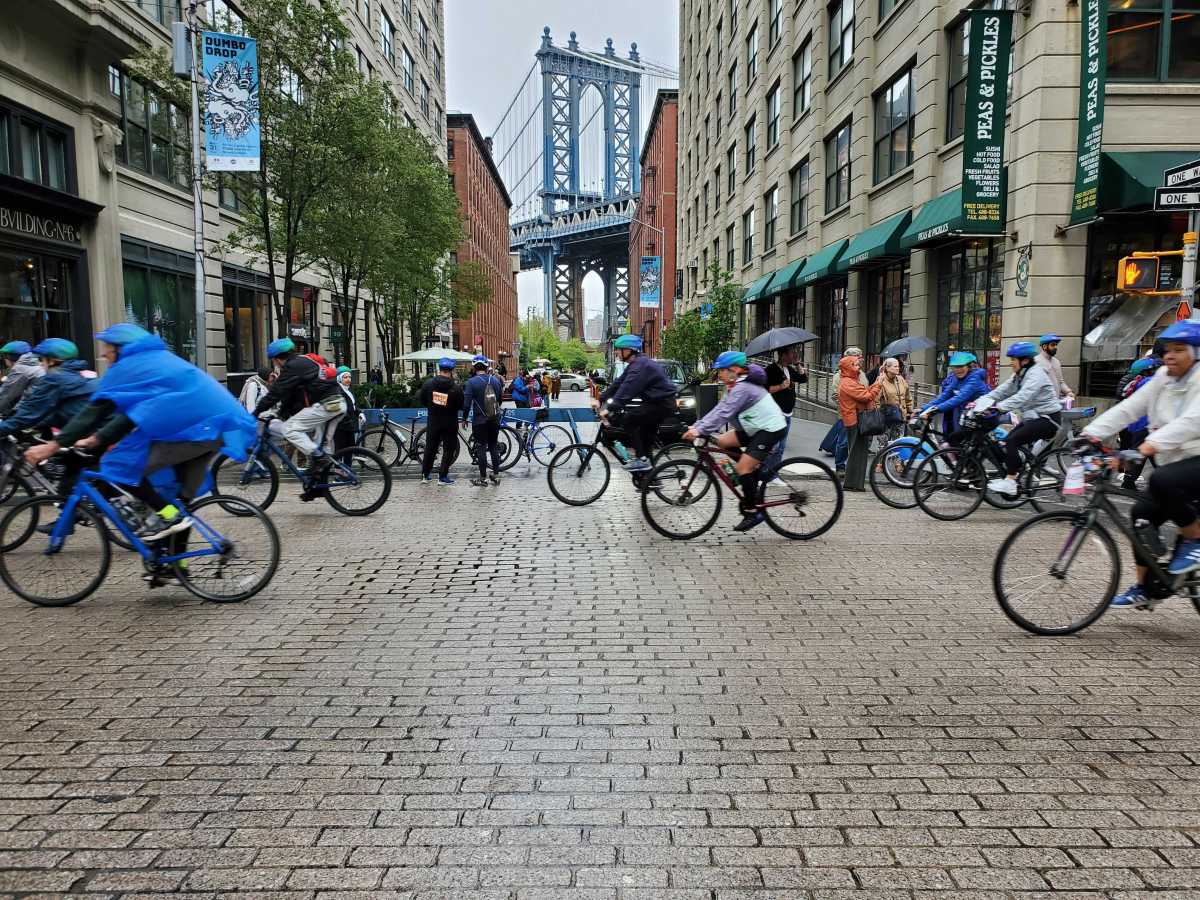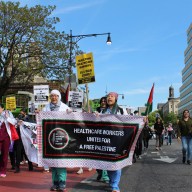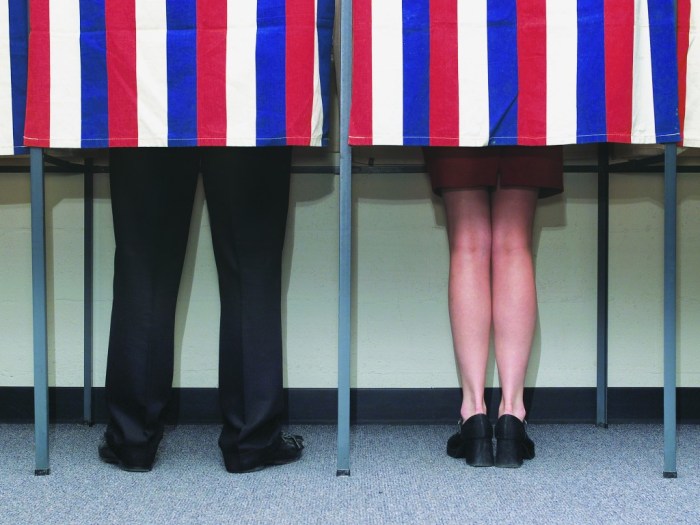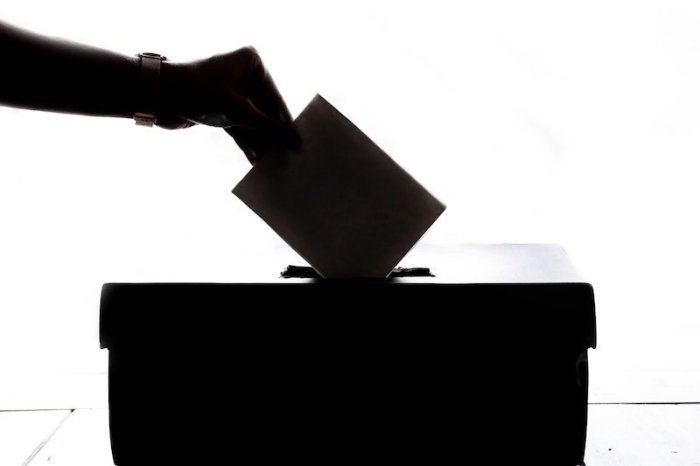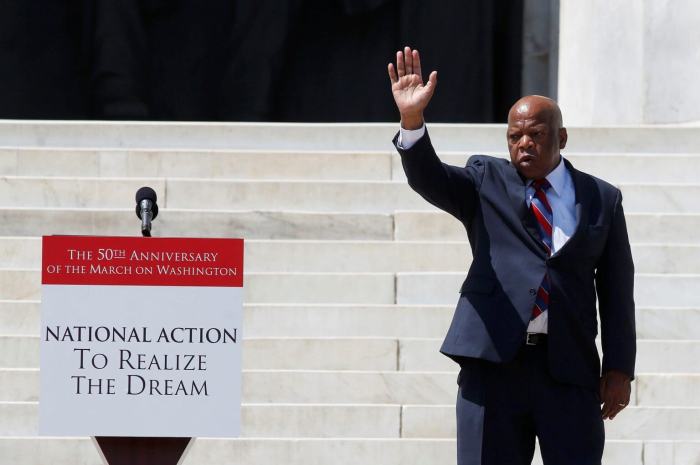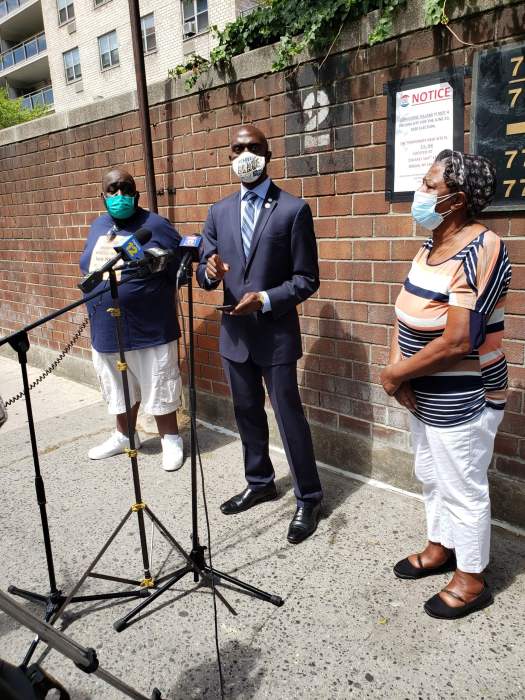Following the tumultuous election cycle of 2020 that saw political battle lines in the South being drawn over restrictive voter laws, New York lawmakers and voting rights groups hope legislation in the state can decrease voter suppression for Black and brown voters at the polls
In 2013, the U.S. Supreme Court struck down the “preclearance” portion of the Voting Rights Act, which required certain state and local governments to get federal pre-approval to changes their election and voting procedures.
The John R. Lewis Voting Rights Act — not to be confused with the federal voting rights bill that passed the House of Representatives on party lines but has since floundered in the Senate — aims to establish and maintain a statewide database of voting and election data, expand language assistance to limited English proficient voters, and provide legal tools to fight racial voter suppression and vote dilution in the New York state.
The bill is named after the late John Lewis, the former “Big Six” civil rights leader and longtime Georgia representative. March 7 is the anniversary of Bloody Sunday, an incident in which state troopers beat and tear-gassed peaceful demonstrators, including a young Lewis in Selma, Alabama.
Brooklyn state Senator Zellnor Myrie, a progressive, the bill’s main sponsor, said that as other states have passed voting rights bill that have limited the scope of voting for some, the Assembly needs to pass this legislation during the current session, which adjourns on June 2.
“Make no mistake, our democracy is under literal and figurative attack, as we saw rioters storming the Capitol building in the sake of overturning the election,” said Myrie.”Voter intimidation, language barriers and vote dilution have long put voters of color and non-English speakers at a disadvantage. The VRA will help ensure all of New York’s eligible voters can participate in our democracy.”
The bill is co-sponsored by Bronx state Sens. Alessandra Biaggi and Jamal Bailey, both progressives.
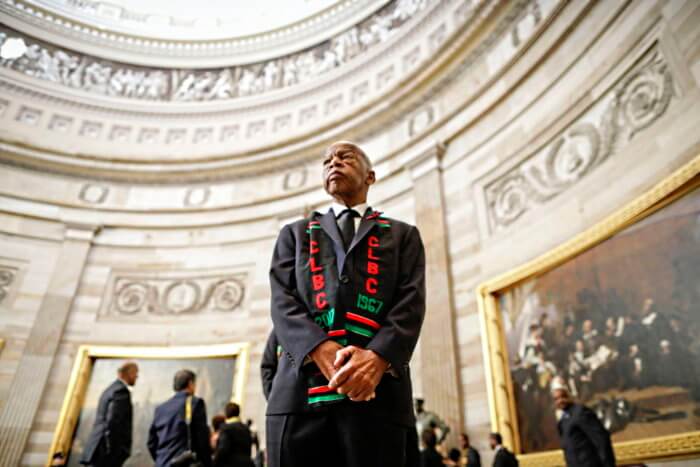
In 2021, 52 restrictive voter laws were passed in various states across the country, limiting options to vote and undermining local elections officials’ ability to manage elections. More than 440 bills with provisions that restrict voting access were introduced in 49 states in the 2021 legislative sessions, according to Brennan Center for Justice.
In Georgia, Senate Bill SB 202 which became law, criminalized people or political organizations from handing out water to voters standing in long lines. The Texas Senate Bill, SB 1, allows election officials increased bipartisan poll watcher protections by allowing them free movement within a polling place, and a ban on drive-thru voting and 24-hour voting.
“I think a lot of people think that the voting rights fight is a thing of the past,” said Soundview Assemblymember Kenny Burgos, a Democrat. “The fight has just changed. Make no mistake, voting rights are still under attack today, and probably will always be under attack, especially if there is an enemy of democracy.
New York state used to be one of the most maligned states when it came to their voting processes. At one point, Manhattan, Brooklyn and the Bronx were bound by federal oversight from the Voting Rights Act of 1965 because of practices that discriminated against voters of color. Since 2019, New York’s Legislature has swiftly moved to expand its voting infrastructure by passing laws that provide for early voting, online voter registration and automatic voter registration.
“Voter intimidation and suppression disproportionately impacts Latino voters,” said Bronx Assemblymember Yudelka Tapia. The John R. Lewis Voting Rights Act will make sure Latino communities and all New Yorkers have access to the protections they need to have their votes count and be counted. I look forward to supporting this important bill and standing up for voting rights.”
Additionally, the New York City Council passed a controversial law this year extending voting rights to non-citizens in local elections. The new laws will allow more than 800,000 people living and working in the city legally for 30 days to register and vote in city elections starting in 2023.
Republicans are fighting the bill in Richmond County State Supreme Court. The complaint, led by Staten Island Borough President Vito Fosella, argues the law is illegal under the state constitution and state election law, and will “dilute the votes of United States citizens.”
Reach Robbie Sequeira at rsequeira@schnepsmedia.com or (718) 260-4599. For more coverage, follow us on Twitter, Facebook and Instagram @bronxtimes.

